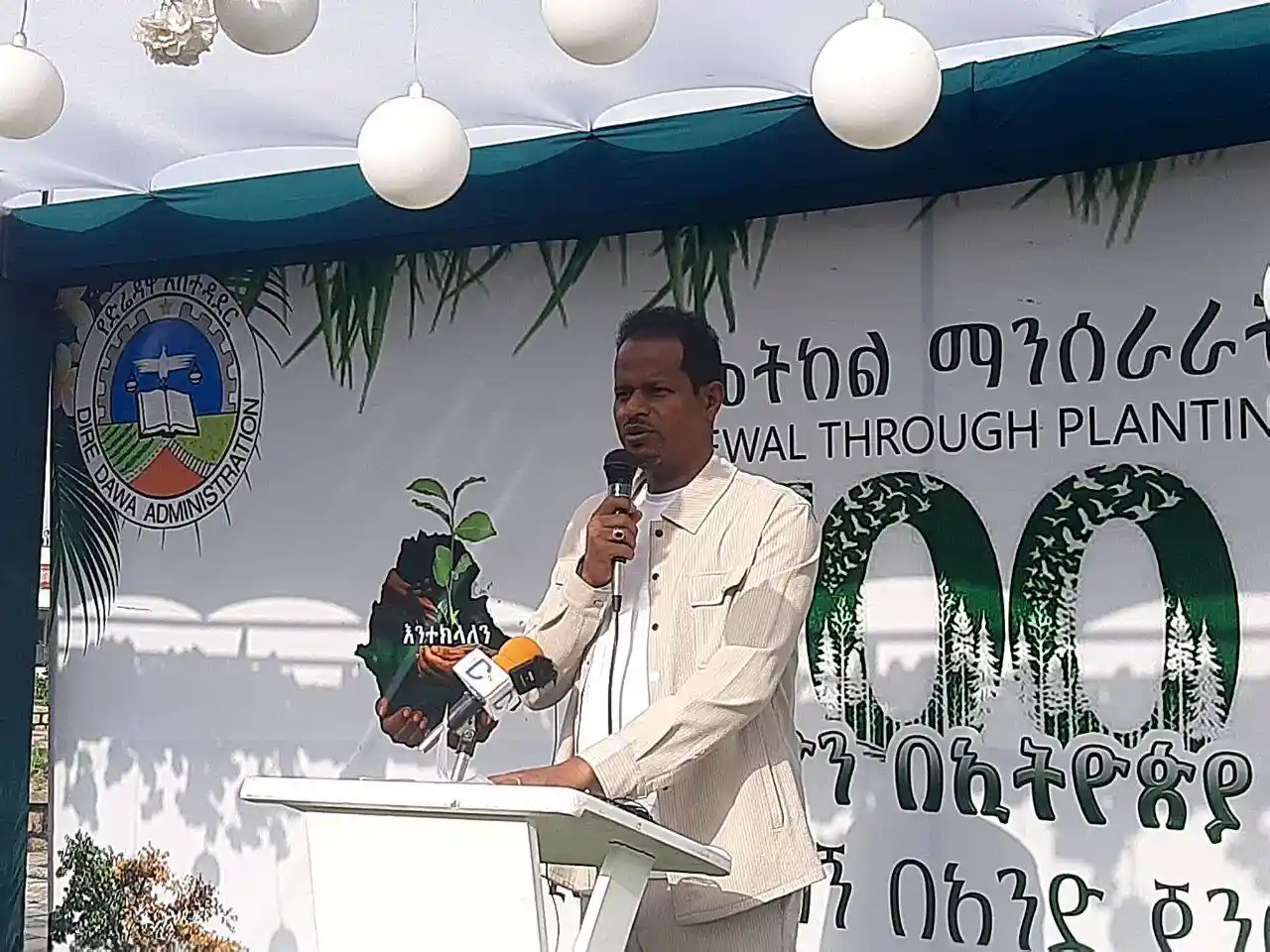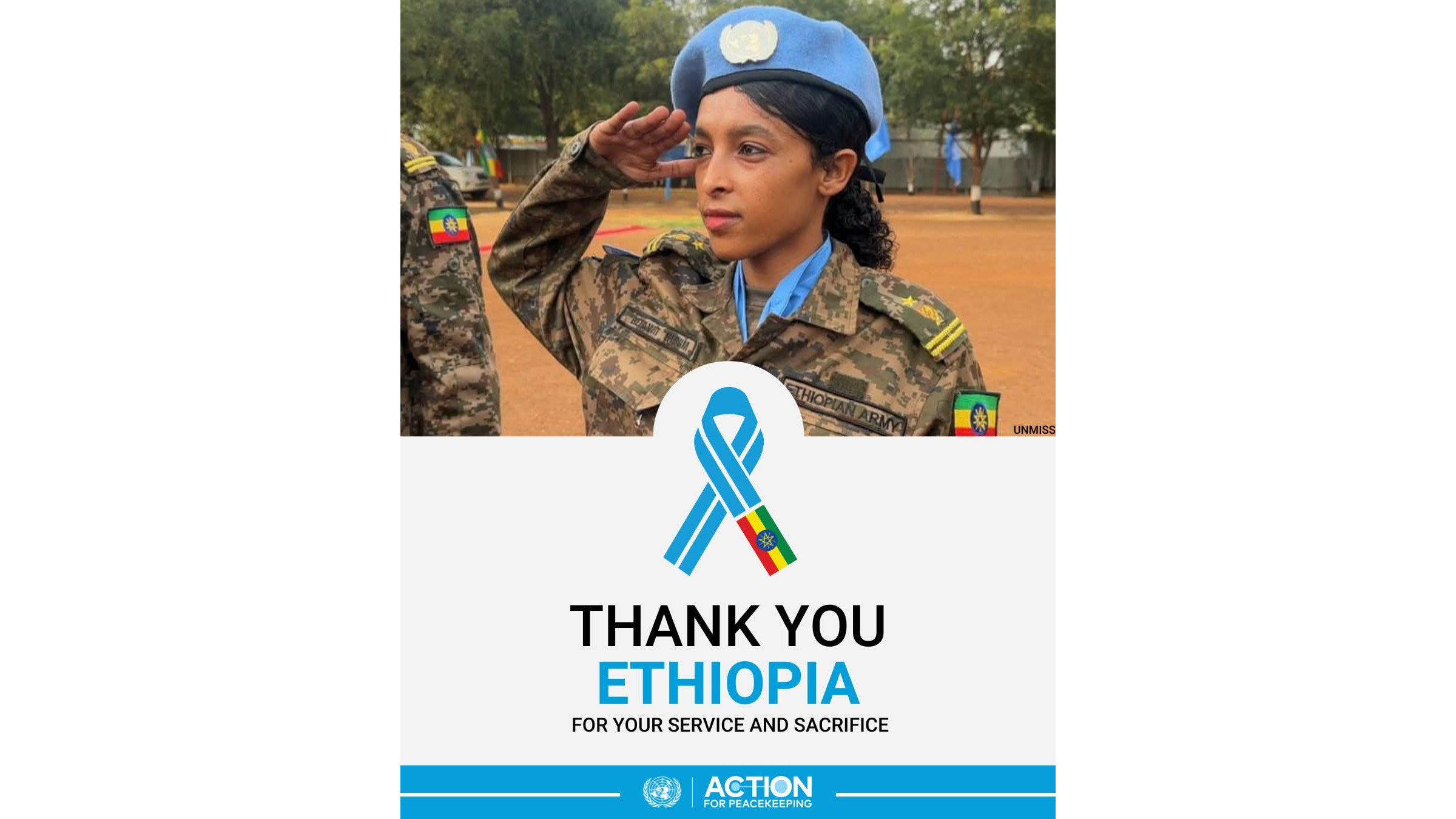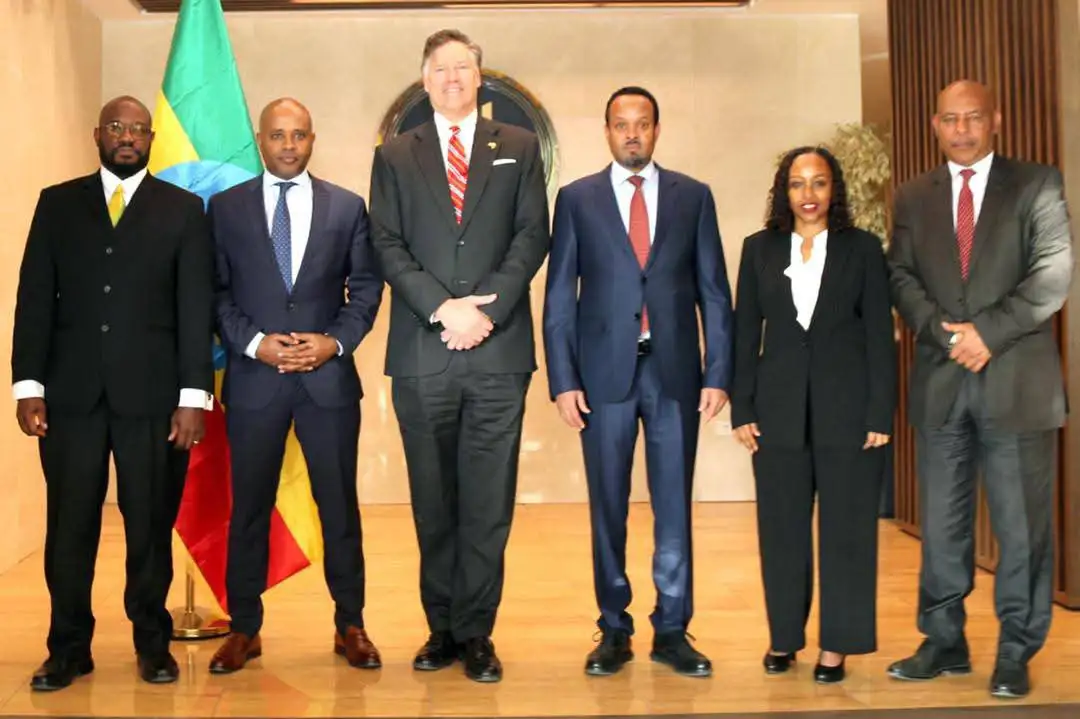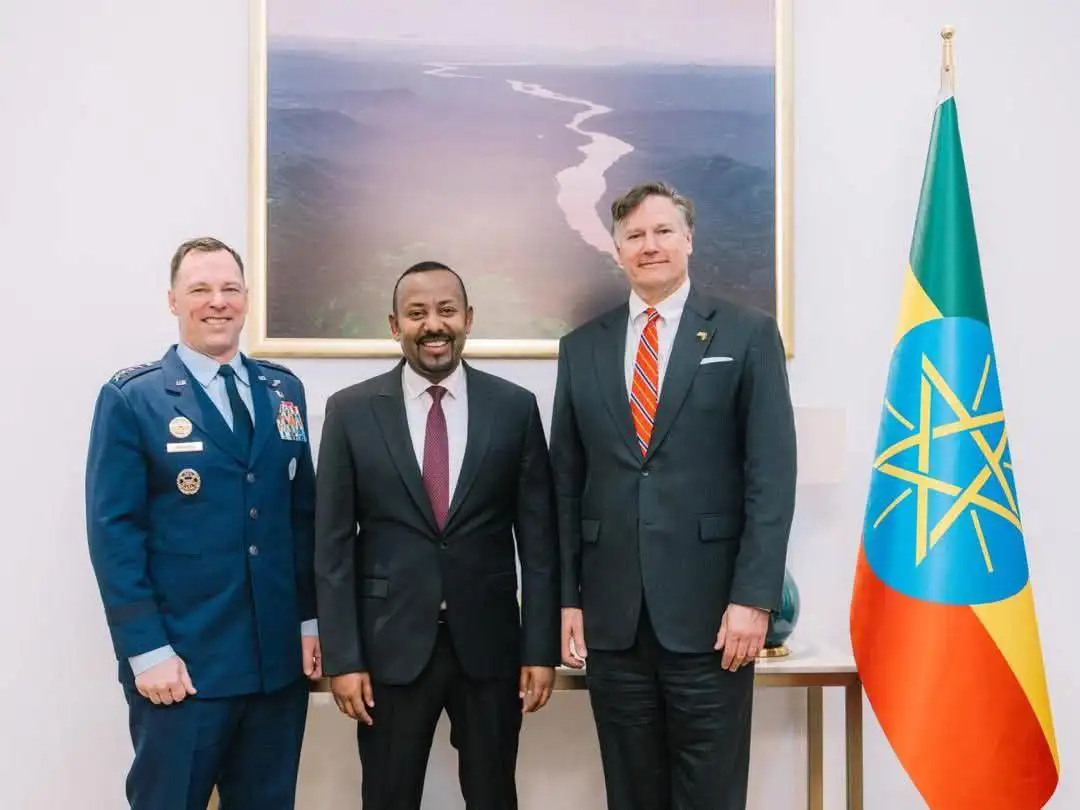A renewed commitment to environmental sustainability took root today in Dire Dawa, as a large-scale tree planting campaign unfolded under the Green Legacy Initiative.
Spearheaded by high-ranking officials, including Lieutenant General Yilma Merdasa, Commander-in-Chief of the Ethiopian Air Force, and Kedir Juhar, Mayor of Dire Dawa Administration, the initiative aims to bolster environmental resilience, promote food security, and create a greener future for generations to come.
The one-day "Green Footprint" program saw the planting of diverse tree species across Dire Dawa, with a focus on the Dr. Ali Bira Park, a prominent green space in the city. The event drew participants from all walks of life, including cabinet members, religious leaders, elders, community members, and even international guests who were in town for the annual Dire Dawa festival.
Lt. Gen. Yilma Merdasa emphasised the critical importance of preserving natural balance. “The Green Legacy Program ensures that humans have access to clean air and water and can live in harmony with nature,” he stated, adding, “We should continue to strengthen it.” He lauded the initiative as a crucial step towards ensuring a sustainable future for Ethiopia.
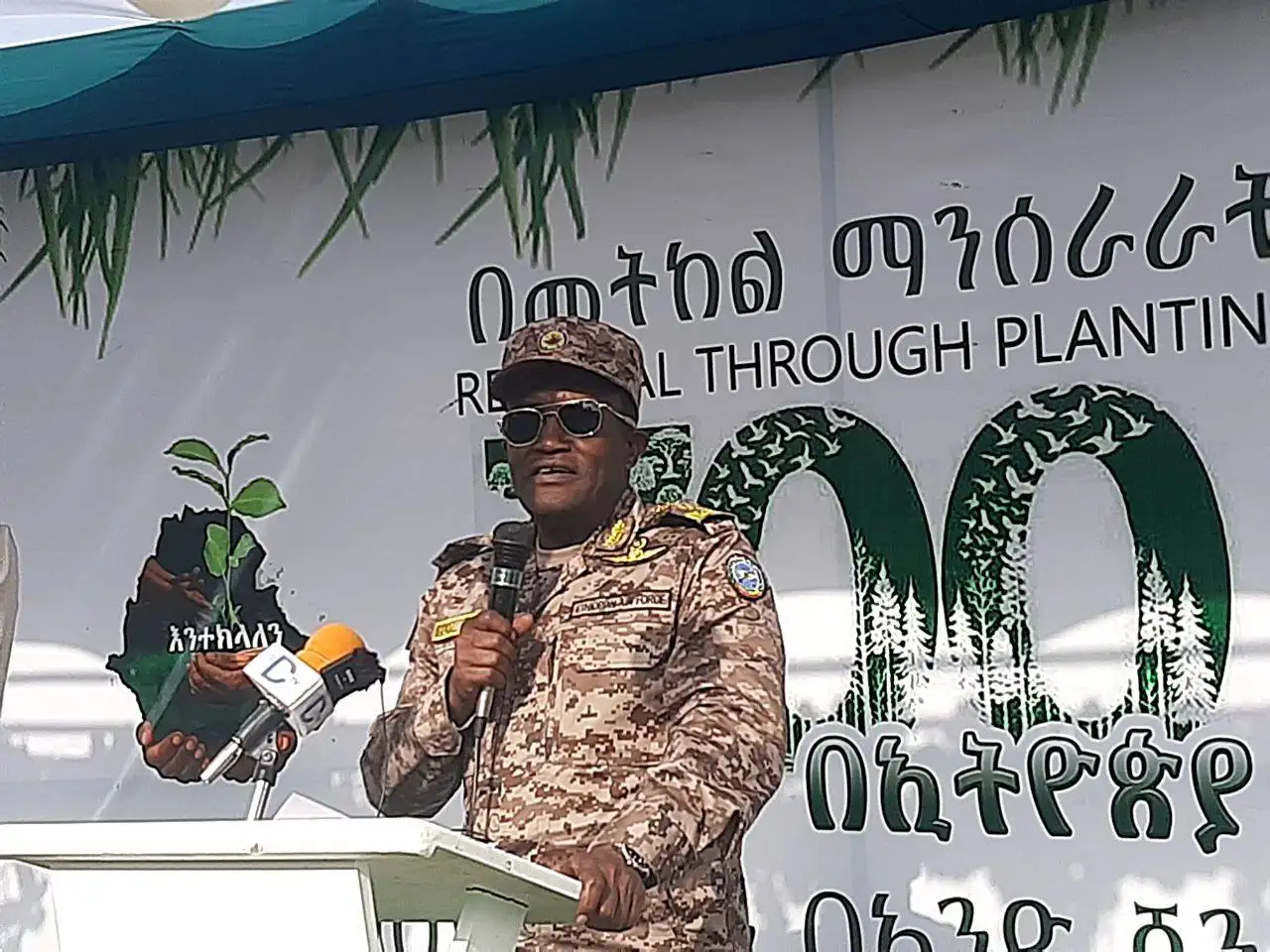
Mayor Kedir Juhar echoed these sentiments, highlighting the Green Footprint program as a “milestone and a cross-generational project in our country’s journey to recovery.”
According to ENA, he stressed the project’s fundamental role in preserving the natural balance and driving progress toward prosperity. He also emphasised the interconnectedness of culture and tradition in achieving environmental goals, highlighting that this program is a “historical responsibility to preserve a beautiful and green country for future generations through interconnected cultures and traditions.”
The Green Legacy Initiative, a nationwide effort launched several years ago, has already yielded tangible benefits for Dire Dawa, according to Mayor Kedir.
He stated that the program has significantly contributed to preventing floods in the region and ensuring food security for its residents. He applauded the unified participation of citizens, from children to adults, in the years of the change, and called upon everyone to properly care for and grow the seedlings planted this year.
Similarly, Nuredin Abdela, Head of the Administration’s Agriculture, Water, Minerals, and Energy Bureau, further elaborated on the positive impact of previous Green Legacy campaigns. He noted that the planted seedlings have transformed Dire Dawa into a more livable and workable environment.
He also reported an increase in forest cover in the administration, with developments in rural areas making them more suitable for agricultural activities.
Looking ahead, Nuredin announced that the current phase of the Green Legacy campaign will focus on planting a variety of seedlings with multifaceted benefits, aiming to further enhance the program’s overall impact. He confirmed that today’s planting activities were widespread, taking place in waterlogged irrigation areas, parks, and various institutions.
The enthusiastic participation of international guests underscored the global recognition and support for Ethiopia's Green Legacy Initiative. Their presence at the historic one-day green footprint campaign, coinciding with the annual Dire Dawa festival, served as a testament to the country's commitment to environmental stewardship and its dedication to fostering a more sustainable future. The diverse participation reflects the understanding that environmental protection is a shared responsibility that transcends borders.
The Green Legacy Initiative represents a significant investment in Ethiopia's future. By promoting reforestation, conserving natural resources, and fostering a culture of environmental awareness, the program is not only addressing immediate environmental challenges but also laying the foundation for long-term sustainable development and a healthier, more prosperous future for all Ethiopians.
